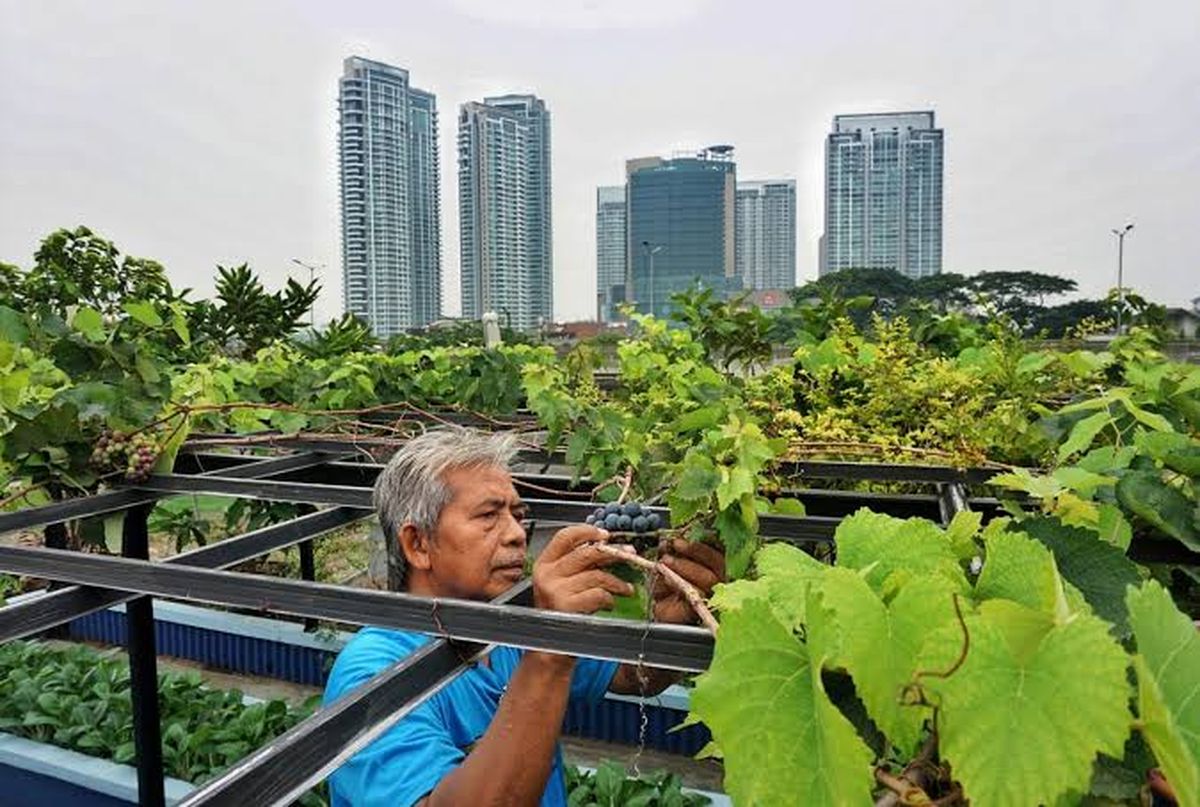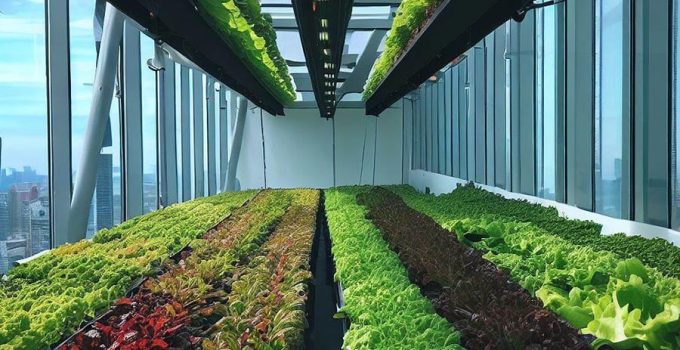Urban farming refers to the practice of growing, producing, and distributing food in or near the urban centers. The practice takes several techniques, including hydroponic, aquaponic, rooftop gardens, and vertical agriculture, all helpful in combating the growing urban food insecurity . Additionally, urban farming also helps reduce food production’s ecological footprint while simultaneously improving the nutritional quality of urban diets.
Benefits of Urban Farming

Urban farming has multiple benefits. The reduction of the distance that the food you eat travels is probably one of the most important points. Since most of our food comes from hundreds of kilometers away, reducing that distance is likely to lead to cutting the commercial greenhouse gases emitted when the food rots and allowing you access to healthier food . Urban farms are a part of town beautification. As a result, they can contribute to the general health of the city. Finally, they are an amazing education tool that can help urban citizens understand where their food comes from and how it is grown in a sustainable way yoktogel login.
Challenges and Solutions in Urban Farming
Urban farming, however, has its own set of constraints. Most importantly, little or no free land is available in cities for farming. Additionally, most urban soil contains toxins, aspects which may impact food safety . The factors have led to the development of various farmerin g innovations in the involve maximization of vertical space and avoiding infection.
Economic Impact of Urban Farming
Urban farming also has economic benefits; it might generate more jobs and boost the local economy. Furthermore, it may lower the cost of fresh produce due to reduced transport and storage expenses. Furthermore, urban farming transforms abandoned lots into lucrative green space, increasing property values and economies of area. Moreover, it may also create a local sense of ownership towards togetherness and responsibility which supports the local economy.
Environmental Benefits of Urban Farming
Environmental sustainability is one of the most affected areas by urban farming. Since urban farming is done locally, it conserves the energy and resources wasted in transporting food over long distances. Urban gardens are also an excellent way of conserving biodiversity since they are habitant to many species . Urban gardens also allow in storage of carbon that is generally emitted to the climate since they aid in reducing urban heat islands .
Social Impacts and Community Engagement
On the social front, enables stronger ties between community members. It is a space where inhabitants can interact, creating friendships and a support system. Moreover, it boosts healthy living by granting affordable access to products from the garden. Most urban farming projects have some educational programs that teach sustainable farming and target all ages.
Future Prospects of Urban Farming

In the foreseeable future, urban farming will expand rapidly. Advances in technology that include IoT-based monitoring systems and AI -powered farming models will transform the industry. Urban farms will become more efficient and productive as a result of these changes, allowing them to provide urban populations with adequate food supply. In addition will become more critical in the world’s food security as more population migrate to urban areas.





